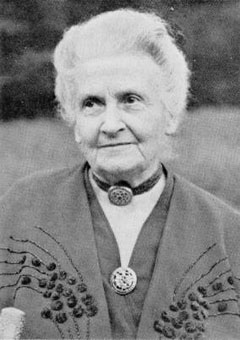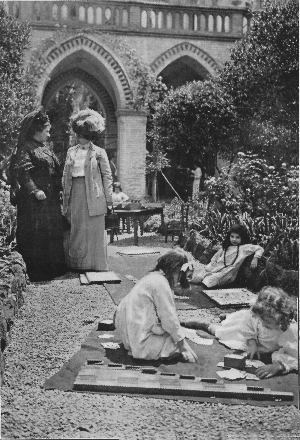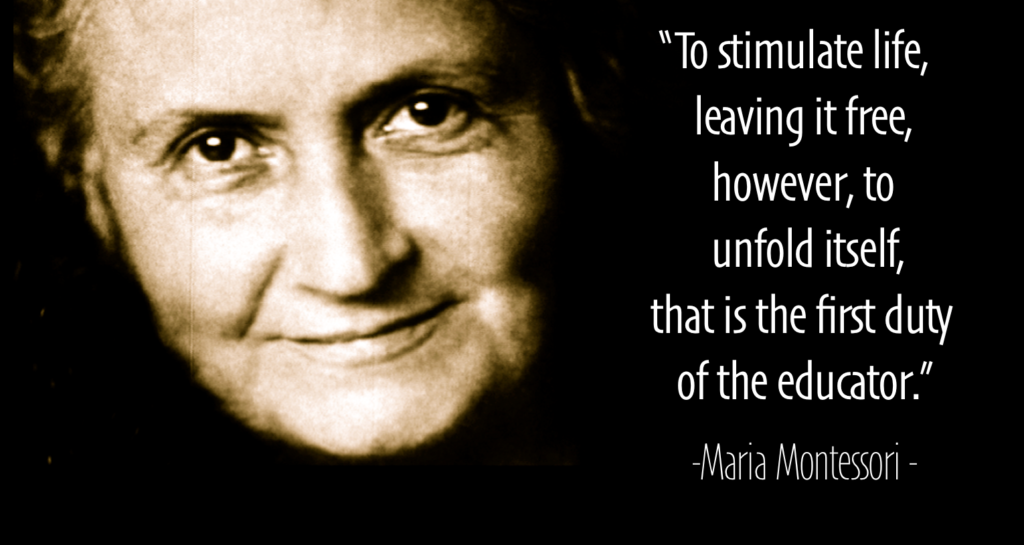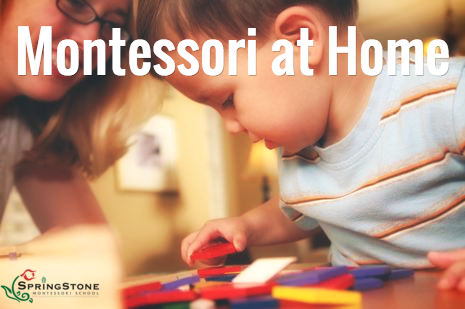Honoring Dr. Maria Montessori
Honoring Dr. Maria Montessori on her birthday

Dr. Maria Montessori was born on August 31, 1870 in Chiaravalle, Italy, and today marks her 149th birthday. We have much to celebrate about her life, especially, the method of teaching known as ‘The Montessori Method’ named after Dr. Maria Montessori.
The Montessori Method
The Montessori Method of teaching has inspired teachers across the world, to make a difference in educating children from a young age, guiding them in their development, and acknowledging their accomplishments.
Dr. Maria Montessori was the first female physician in her time who recognized that there was a need to educate teachers on a different approach to teaching and move away from instructional teaching.
Why is it so important to take a different approach? It is to allow us to get to know the individual child, their past experiences as well as their needs and desires. It is also to learn to actively listen to the child and hear what they are trying to tell us, whether through non-verbal or verbal cues. It is the information we gather from listening and observing that will form the foundation for providing materials and activities for children to develop their skills further.

Dr. Montessori understood how important it is for us to allow the child to be an active participant and decision maker in their own direction of learning, and that all concepts are learned by allowing the child to use their senses to concretely explore and master concepts.
Supporting early independence
Why is it important to allow children to strive for independence? It is because children need to feel sense of control in their own life versus being told what to do and not to do. Teaching children skills to allow them to complete tasks on their own is part of the process, and the result is an increased sense of self worth and self confidence the child will feel.
It is also an opportunity for the child to become an active participant in their own family life, whether it may be helping with household chores, family meal preparation, and taking part in creating shopping lists.
The more we allow the child to explore and master skills to perform tasks independently, the more happiness the child will experience. The less directive our approach is with the child, the more likely the child is to comply with the set rules they have to follow in life.

Grace and Courtesy
Many people may think that Grace and Courtesy is just about saying ‘Please’ and ‘Thank you.’ And while this may be true for some learning environments, Grace and Courtesy is much more in a Montessori learning environment.
It is about the child learning to identify with their own emotions, learn appropriate ways to cope with emotions, develop empathy and compassion, and most of all, learn to problem solve. Problem-solving starts with learning to share, waiting their turn, working out conflicts with friends and helping others when they are not feeling their best. It is also about learning to apologize when we have wronged a friend and offering a helping hand when a friend needs help with a task. It is all about caring for each other and making the world a peaceful and happy place by being a considerate, empathetic, and productive citizen of the world!


